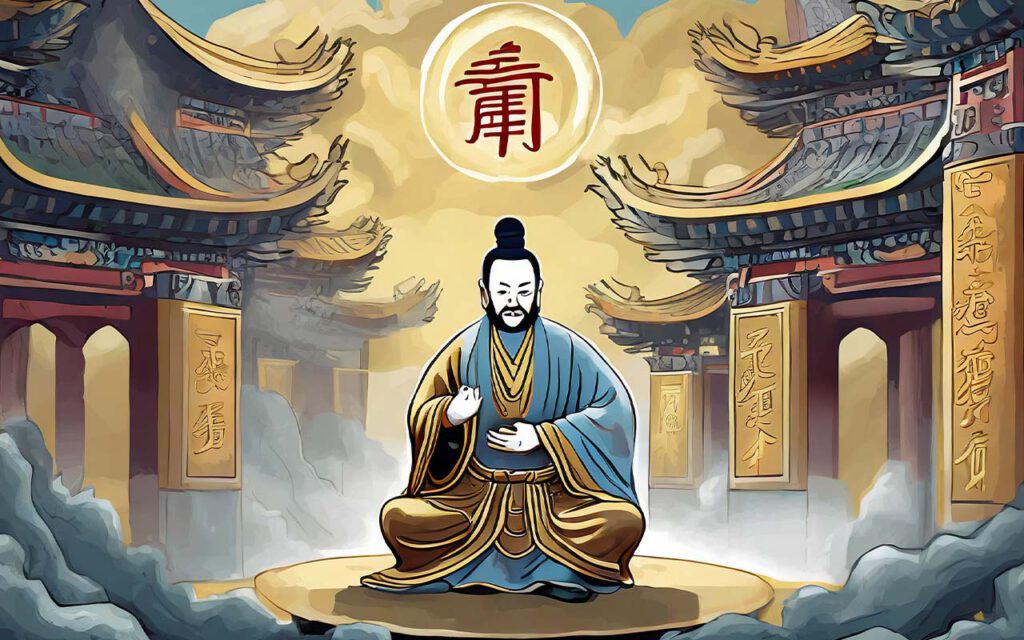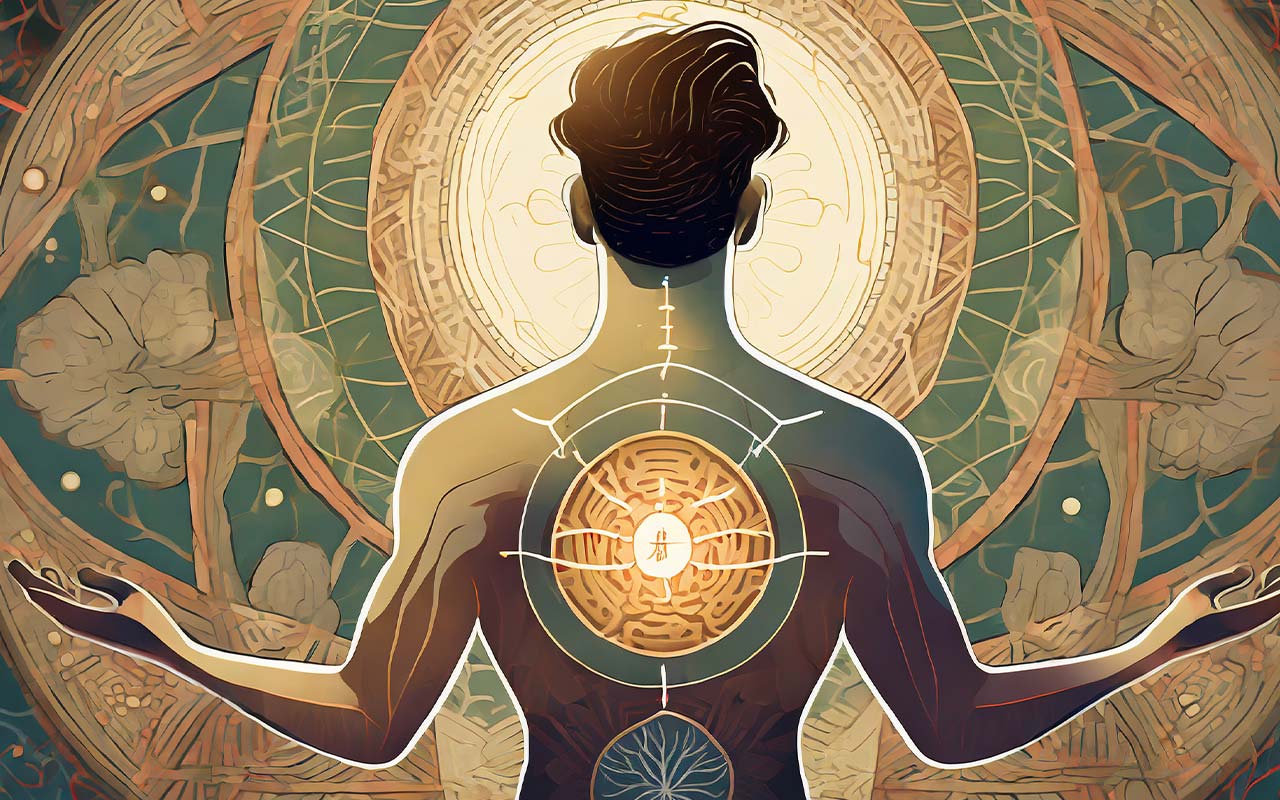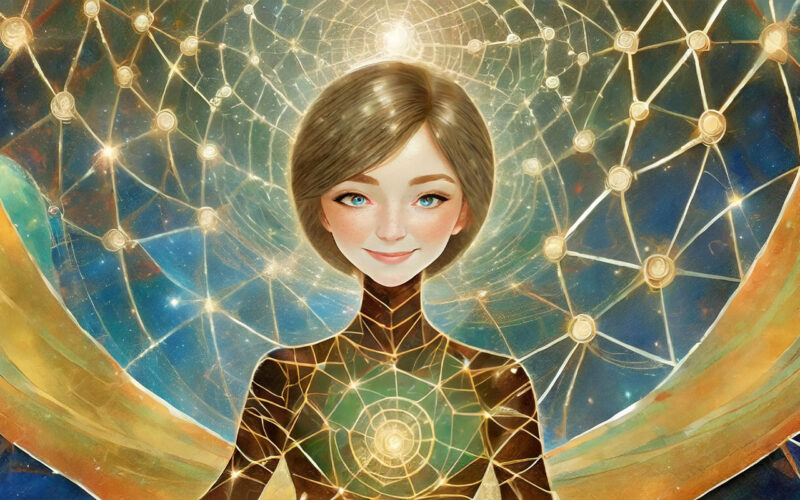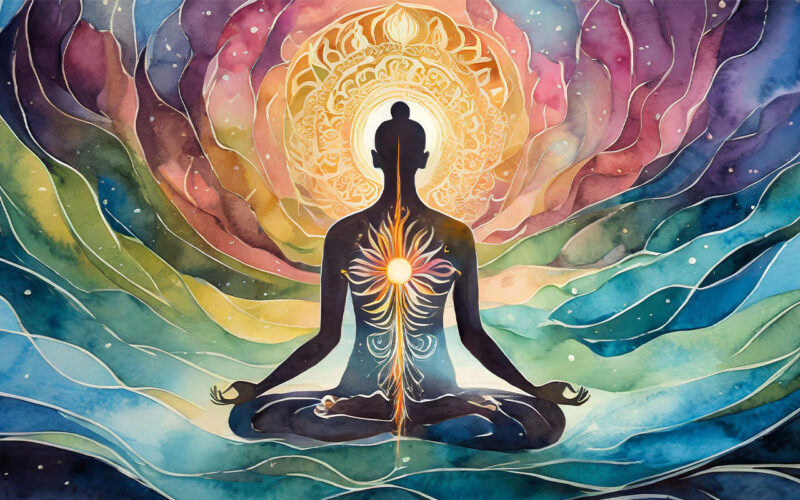For millennia, Traditional Chinese Medicine (TCM) has been an integral part of the cultural and healing tapestry of China. Rooted in ancient philosophies and practices, TCM encompasses a holistic approach to health, viewing the body as an interconnected system where balance and harmony are key to overall well-being.
Origins and Philosophical Foundations:

TCM traces its roots back over 2,500 years and is deeply influenced by Daoism, Confucianism, and other ancient Chinese philosophies. At its core lies the concept of Yin and Yang, representing opposing yet complementary forces that exist in harmony. Health is perceived as the balance between these forces within the body.
Key Principles and Practices:
- Qi (Chi): Central to TCM is the belief in Qi, the vital life force that flows through the body along pathways called meridians. Unobstructed Qi is essential for good health, and practices such as acupuncture, tai chi, and qigong aim to regulate and enhance the flow of Qi.
- Herbal Medicine: TCM uses a vast array of herbs, roots, barks, and other natural substances to restore balance and treat ailments. Herbal formulas are customized based on an individual’s constitution and specific health concerns.
- Acupuncture: This technique involves inserting thin needles into specific points along meridians to stimulate and regulate the flow of Qi. Acupuncture is used to alleviate pain, promote healing, and address a wide range of health issues.
- Dietary Therapy: Food is considered a form of medicine in TCM. Practitioners recommend specific foods and diets based on their energetic properties to maintain health and prevent illness.
- Cupping and Moxibustion: Cupping involves placing cups on the skin to create suction, promoting blood flow and relieving muscle tension. Moxibustion uses burning dried mugwort on or near acupuncture points to stimulate healing.
Holistic Approach to Health:
TCM emphasizes a holistic approach that considers not only the physical but also the emotional, mental, and spiritual aspects of an individual. It views illness as an imbalance within the body and seeks to restore harmony by addressing the root cause rather than merely treating symptoms.
Integration with Modern Medicine:
In recent years, there has been a growing interest in integrating TCM with modern medical practices. Studies have explored the efficacy of TCM modalities in treating various conditions, and some hospitals now offer integrative treatments combining both Western medicine and TCM for comprehensive patient care.
Challenges and Future Prospects:
Despite its long history and widespread use, TCM faces challenges in gaining acceptance in some parts of the world due to differences in medical philosophies and limited scientific evidence according to Western standards. However, ongoing research and clinical studies aim to bridge this gap by providing scientific validation for TCM practices.
Conclusion
In conclusion, Traditional Chinese Medicine stands as a treasure trove of ancient wisdom, offering a unique perspective on health and healing. Its holistic principles, time-tested therapies, and emphasis on individualized care continue to intrigue and inspire practitioners and patients worldwide, fostering a harmonious approach to wellness that transcends cultural boundaries. As our understanding of health evolves, the integration of TCM with modern medicine holds the promise of a more comprehensive and inclusive approach to healthcare for the benefit of all.



